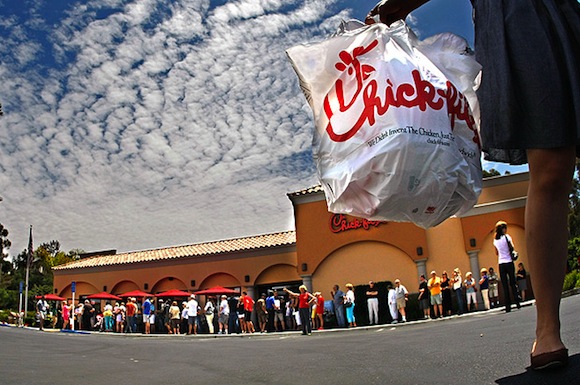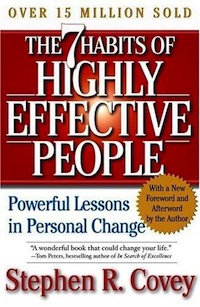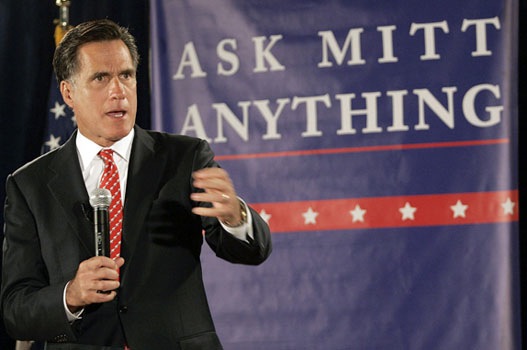
I like to challenge Christians to examine their assumptions, even if raising questions about their most cherished beliefs makes them mad. American Christians tend to go through the roof when you raise questions about God and country. I realize people will think I’m anti-America (which I’m most definitely not), but I’m more interested in being pro-Bible, in really understanding how God views things. So with that in mind, let me ask:
What does it mean for a country to have God’s blessing?
In praying for people, we often say, “God, please bless so-and-so today.” That’s a different kind of blessing, akin to singing “God Bless America.” I’m talking about the “special anointing” kind of blessing, the type of blessing many Christians claim America has had from the beginning. The type of anointing Israel had, that various prophets had, that the early apostles had, and that I believe Billy Graham had. Yes, I think God has blessed America in various ways, has rewarded us for our goodness, and has used us for his purposes. I see nothing unbiblical about that. But though I’ve been taught it my whole life in every church I’ve attended, I can’t accept the idea that America has been given a special anointing by God.
American Christians are part of the worldwide church, a universal body of believers, all of us equal children of God. Christians in other countries, I’m told, are sometimes amused by the arrogance of American Christians, who think their country holds a special place in God’s eyes. We assume that our power and affluence are proof of God’s blessing. Because, as Scripture shows, God is always on the side of the rich and powerful…right? But other nations and empires enjoyed extended periods in the sun–Babylon, Alexander’s Greece, Rome, the Incas and Mayans, Genghis Kahn’s China, England, Spain–and we don’t talk about them as possessing God’s anointing.
Or is America just, you know, special?
I’m sufficiently true-blue American to believe that yes, among the countries of the world, we are indeed special. I love my country, and am willing to fight and die for my country. But I’m not willing to insist that America enjoys some kind of special blessing from God, because I see no biblical precedent for that. And when people talk about God’s special blessing on America, I tend to take a contrarian approach.
In 1776, did God favor the Colonies, which supported slavery and would continue to support it for nearly 100 years, causing untold human misery and injustice, over England, which was ending the slave trade? Prior to the Mexican-American war, Mexico had ended slavery. But in defeating Mexico, slavery was able to spread to Texas, and took aim at the other Western states we “liberated” from Mexican rule. Was the spread of slavery pleasing to God? (Actually, based on Old Testament precedents, you could make a case for this very thing. But not under the New Covenant.) Maybe we won those wars on our own, because we were simply superior militarily.
In fact, numerous countries abolished slavery before the United States got around to it–Denmark, Norway, Haiti, England, Mexico, Spain, Holland, Argentina, Uruguay, Estonia, France, Greece, Chile, Sweden, Bolivia, Portugal, Venezuela, Prussia, Austria, Peru, Cuba. And after finally freeing the slaves (at great cost), we turned our attention to wiping out Indians. Is this the picture of a divinely anointed country?
I’ve heard Christians claim that America lost God’s blessing when we ended prayer in public schools, or after the Roe v. Wade abortion decision. To me, those are just opportunistic political arguments. We’ll hear the same thing if gay marriage becomes the law of the land. What’s the truth? None of us have a clue. We’re just putting words in God’s mouth.
In the Old Testament, the Israelites certainly enjoyed God’s blessing. It kind of came and went over the decades, depending on their leadership at the time and the attitude toward worshiping idols. Under Moses and Joshua and David, and occasional judges, God most definitely helped the Israelites succeed. They were favored.
It’s sad reading about King Saul. He had everything going for him, including God’s anointing. I picture him like Lyndon Johnson–tall, commanding, charismatic, forceful, talented. But things went tragically wrong, and it was Saul’s fault. God told Saul, “Now go, attack the Amalekites and totally destroy all that belongs to them. Do not spare them; put to death men and women, children and infants, cattle and sheep, camels and donkeys.”
Saul destroyed all of the people, but kept the best sheep and cattle. When the prophet Samuel showed up, Saul boasted, “I have carried out the Lord’s instructions.”
To which Samuel replied, “Then why do I hear the sound of sheep and cattle?”
Busted!
Because Saul didn’t completely carry out God’s command, God rejected him as King. He remained as King, but without God’s blessing. 1 Samuel 16:14 says, “The Spirit of the Lord had departed from Saul.” Chapter 18:12 adds, “The Lord was with David”–who was not yet king–“but had left Saul.”
Everything David did prospered. Success came easily. But not for Saul. He no longer had God’s blessing.
Success once came easily for America. Most everything we did prospered, even though some of it was evil (like our treatment of American Indians, not to mention–again–slavery). Today, we can still get our way, but mainly because we have such a powerful military and a dominant economy. We can force our will, without God’s help–which is how Genghis Khan and Alexander and the Romans extended their godless empires. They relied on pure human strength. We in modern-day America don’t require God’s blessing. We’re powerful enough on our own.
The Bible, from what I understand, never shows God bestowing any special anointing on any country except Israel. (Please correct me if I’m wrong.) Did America ever have some special blessing from God? Maybe, maybe not. Perhaps America, like other great powers throughout history, is mostly a synergy of resources and personnel and energy and circumstances. Yet, like England, we’ve been a spiritual standard-bearer for the world, spreading the Gospel across the planet, and I’m sure that counts for something with God. So maybe we did–or do–have some special extra-biblical blessing from God. But maybe not. Who can claim to know the mind of God on this? And therefore, can we justify perpetuating this concept of divine anointing?
In warfare, history is always written by the victors. In many wars, both sides are confident that God is on their side, but the winner is able to boast, “See, God was on our side.” I totally sympathize with Christians in other countries who think it’s arrogant for American Christians to think we are divinely favored, just because we are the biggest dog on the block–as if Jesus always sides with the powerful. Jesus liked to hang around the marginalized, the poor, the decidedly non-powerful. And I see no reason to think Jesus has changed his tune.





 Stephen Covey, author of the megaseller “The Seven Habits of Highly Effective People,” died today (July 16, 2012). He was an extraordinary person.
Stephen Covey, author of the megaseller “The Seven Habits of Highly Effective People,” died today (July 16, 2012). He was an extraordinary person.


 I’ve got this crazy personal philosophy which both Democrats and Republicans dislike. At least, I don’t hear anyone in the political world, of any persuasion, advancing my notions. Which means I must be ignorant, misinformed, out in left field, naive, or some combination of all of the above.
I’ve got this crazy personal philosophy which both Democrats and Republicans dislike. At least, I don’t hear anyone in the political world, of any persuasion, advancing my notions. Which means I must be ignorant, misinformed, out in left field, naive, or some combination of all of the above.
 Microsoft
Microsoft 



